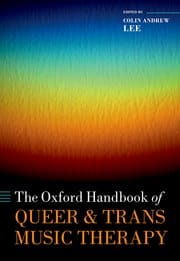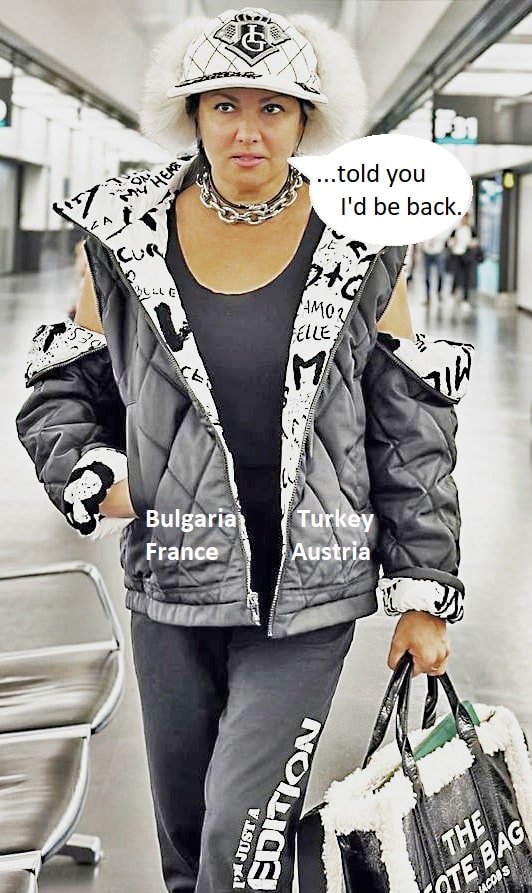Queer and Trans Music Therapy
NewsIntroducing a new publication from Oxford Music Press:
The Oxford Handbook of Queer and Trans Music Therapy
Edited by Colin Andrew Lee
Explores queer and trans issues in music therapy, an emerging and rapidly evolving topic
Includes contributions from leaders in the field, benefitting from the unique intersecting identities of contributors.






Comments